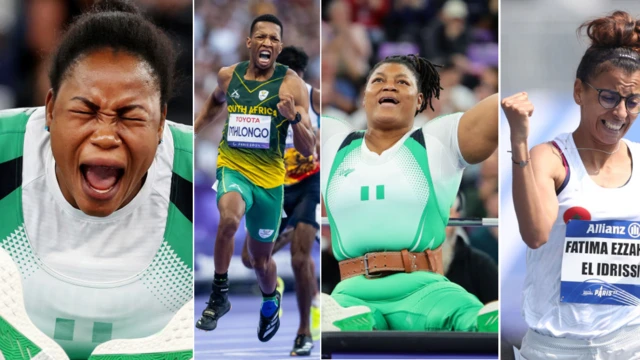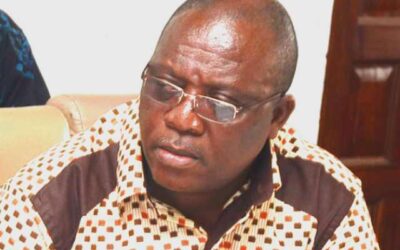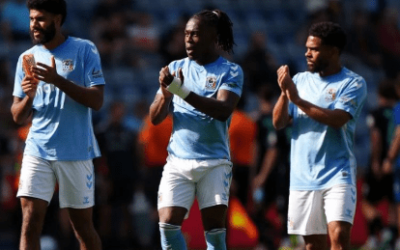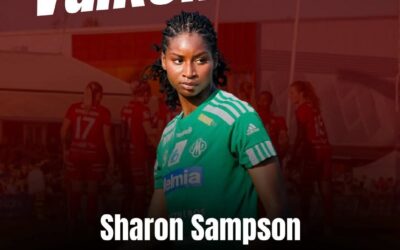The Paris 2024 Paralympics marked a monumental achievement for Africa, with the continent securing a total of 64 medals, surpassing its previous record at Tokyo 2020 by one. African athletes claimed 23 golds across eight nations, while two additional countries made their debut on the medal table.
As anticipated, para-athletics and para-powerlifting dominated the events, contributing 43 and 11 medals, respectively. Morocco led the African charge with 15 medals, while Algeria shone with six golds. Samson Deen, president of the African Paralympic Committee (APC), lauded the athletes’ incredible performances but acknowledged the ongoing challenges: “African athletes have shown that if our governments and people offer more support, they will perform even better.”
Looking ahead to the Los Angeles 2028 Games, the APC and National Paralympic Committees (NPCs) face significant hurdles. Mauritius celebrated its first-ever Paralympic medal with Yovanni Philippe’s bronze in the men’s T20 400m, while Nigeria’s Mariam Eniola Bolaji made history as the first African to win a Paralympic or Olympic badminton medal, earning bronze.
Algerian para-canoeist Brahim Guendouz secured a gold medal in the KL3 event and expressed hope for the future of African athletes in the sport. Meanwhile, legendary para-athletes such as Tunisia’s Raoua Tlili, who won two golds, and South Africa’s Mpumelelo Mhlongu, who set world records in the T44 100m and long jump, continued to solidify their legacies.
The path to the LA 2028 Games highlights the need to expand participation and improve competitiveness. In Paris, 312 African para-athletes represented 44 nations, though nine countries sent only one athlete. Funding and access to facilities remain major challenges, especially since many qualifying events are held in Europe and the Americas.
To address these issues, the APC is actively seeking a host for the second edition of the African Para Games and has partnered with a European sports agency to expand the sports roster for the 2027 event. Duane Kale, vice president of the International Paralympic Committee (IPC), emphasized Africa’s “untapped potential,” stating that stronger African representation would benefit both the continent and the IPC.
During recent discussions with NPC officials, the APC stressed the importance of unity in securing more government funding. Deen underscored that “disunity among African people” remains the biggest hurdle, adding, “When we are united, we can build a strong Africa in para-sports.”
Raising awareness of para-sports across Africa is essential to increase participation. Hagie Drammeh, The Gambia’s chef de mission in Paris, highlighted the need to change perceptions: “There are many people with disabilities who do not believe sport is a way forward. We need to get involved in more sports so that people with impairments… can find life in sports.”
Nigerian para-powerlifting silver medalist Esther Nworgu urged people with disabilities to embrace sports, affirming, “Sport will build you mentally, emotionally, spiritually, and physically. Where there is disability, there is ability. I see it as strength.”
As Africa prepares for the 2028 Games, the historic successes in Paris serve as a reminder of the importance of sustained support and development in para-sport. With unity and dedication, the future shines bright for African para-athletes on the global stage.





0 Comments